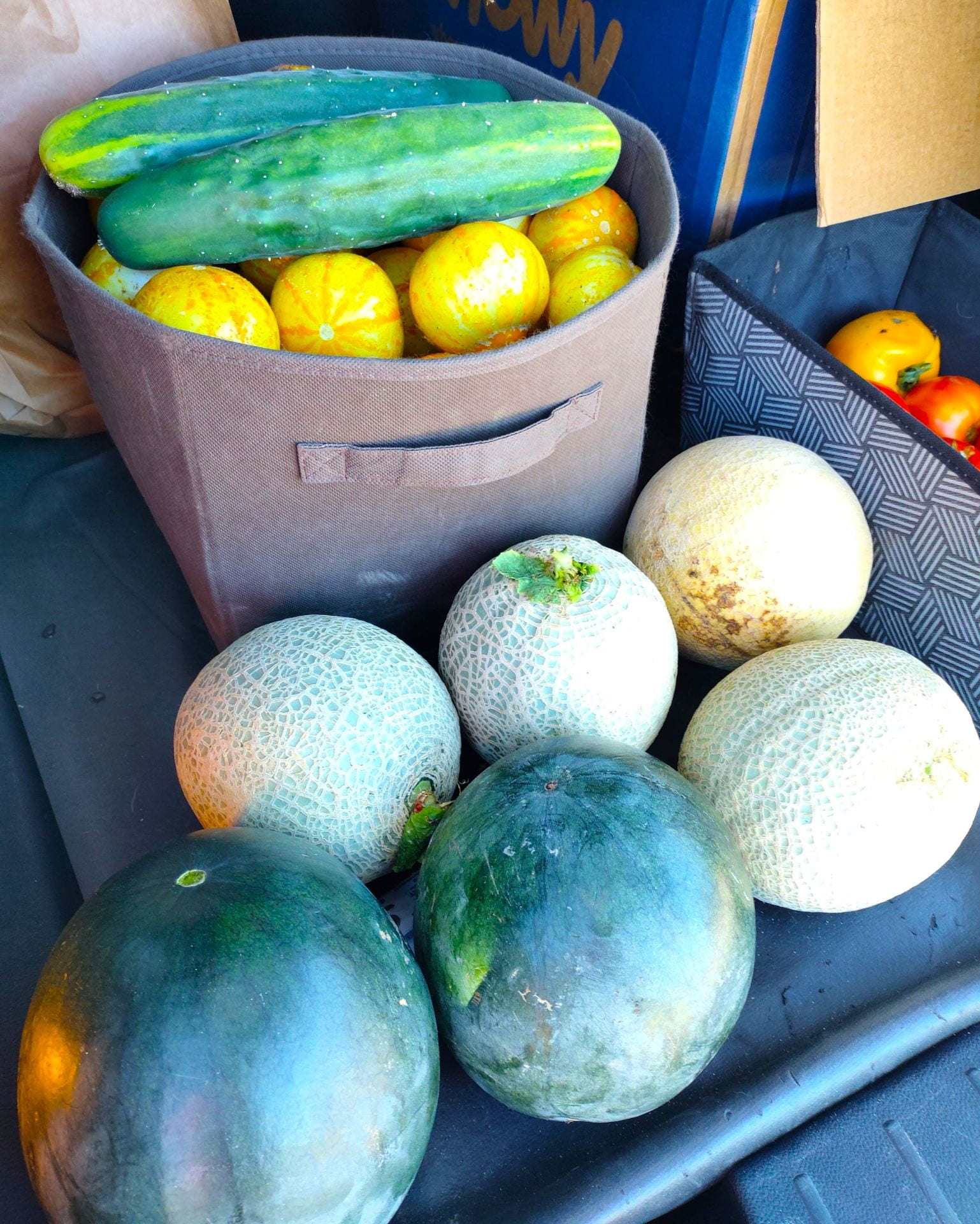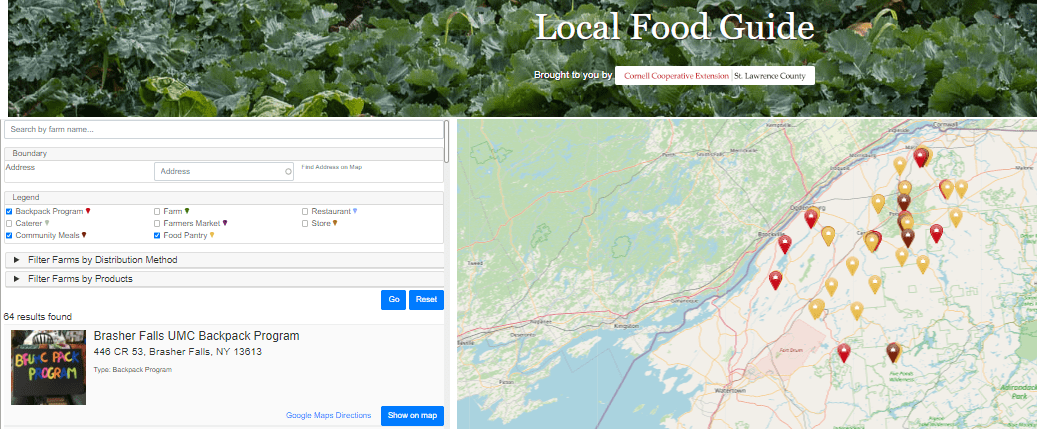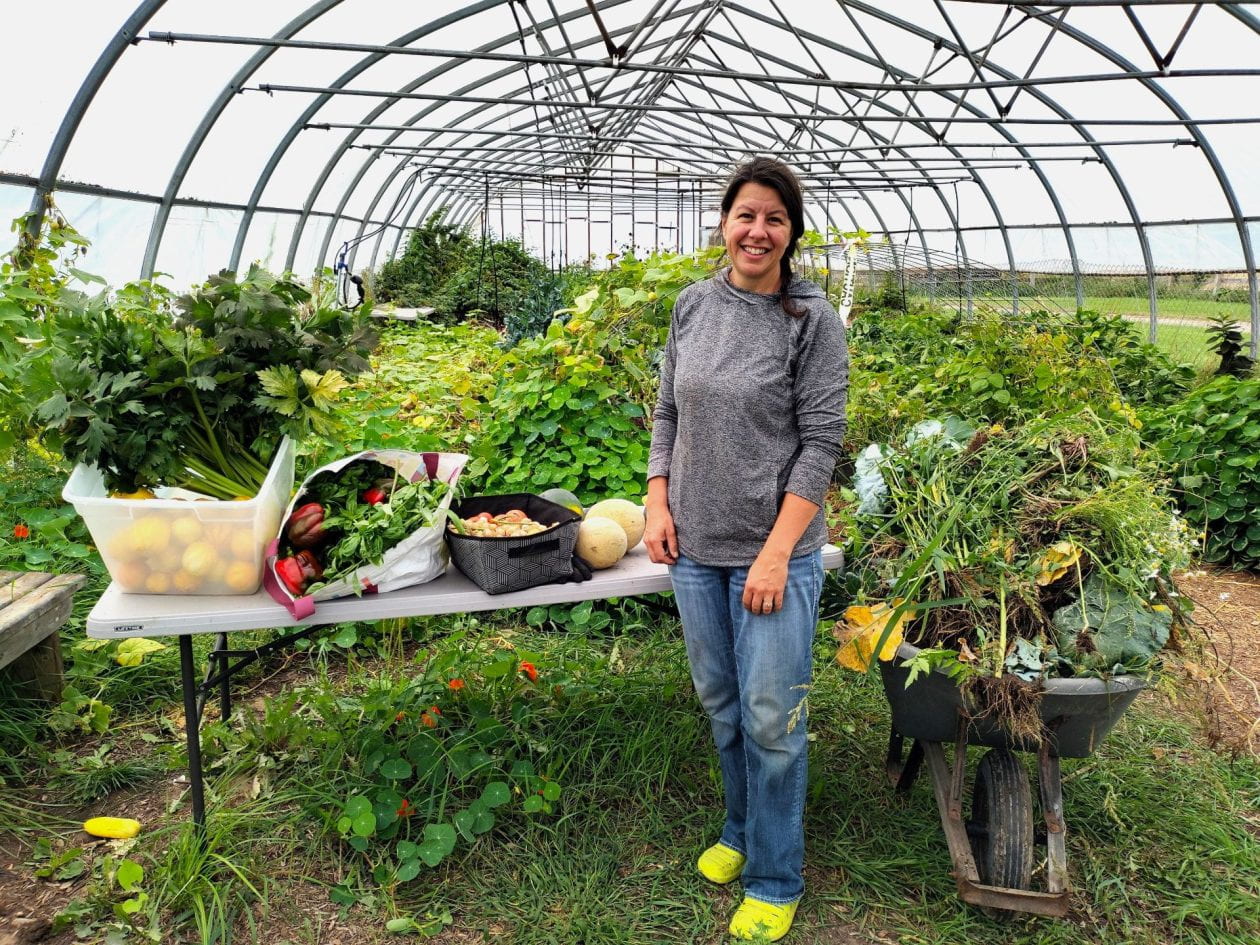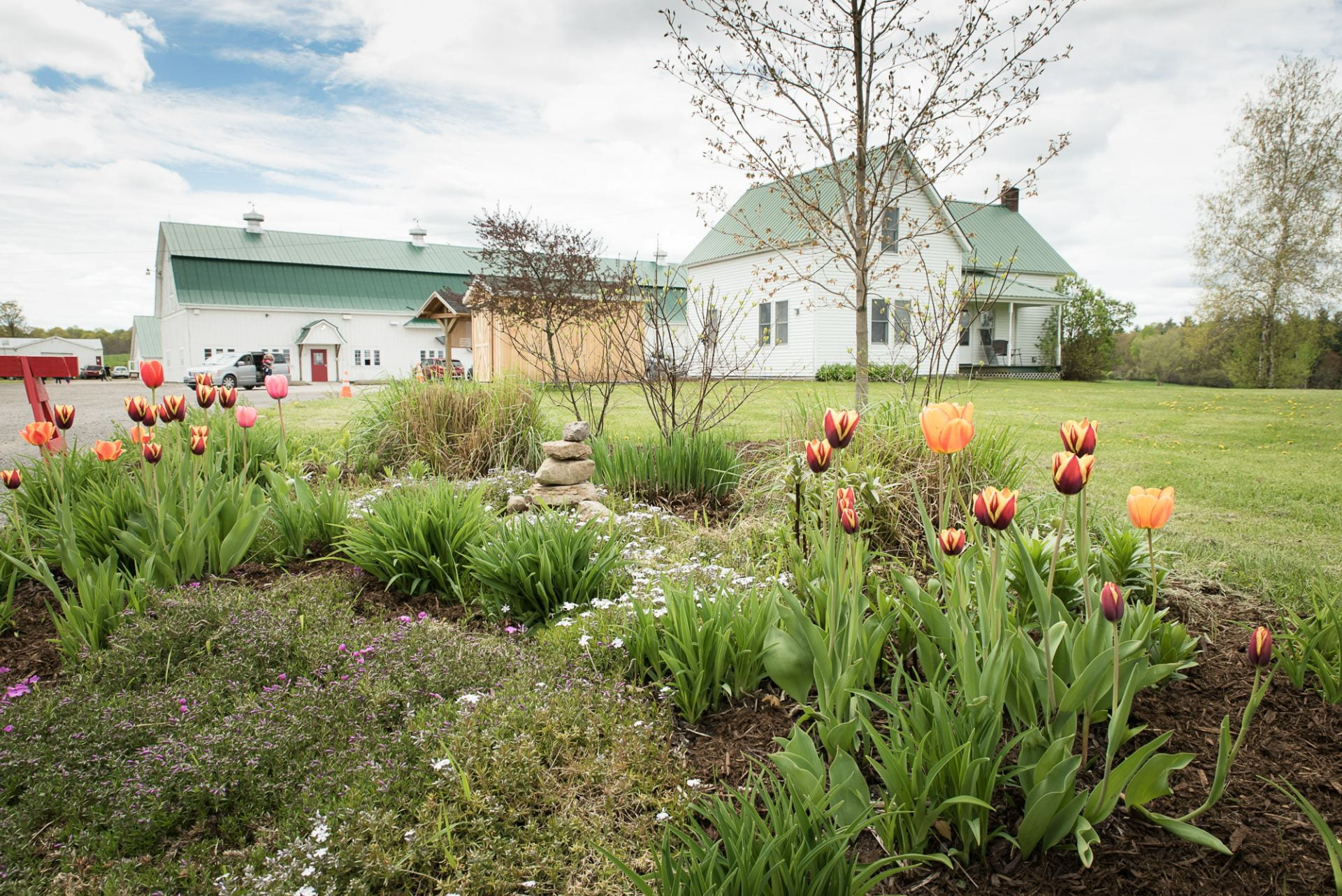Nothing beats the taste of those first few harvests from the garden. The flavor and freshness, combined with the pride of knowing you grew it yourself, just can’t be beat. Once the newness wears off, the freezer fills, and the excitement of processing our garden goodies turns into a real chore though, we might find ourselves with an excess of wonderful food and no energy to deal with it.

When you find yourself with an overabundance, you can share it with the people in our community who love delicious, fresh food but have no means of growing their own. Here are some suggestions for connecting with them
The local organization GardenShare has created a comprehensive interactive map where you can easily search for food pantries and community meals in your area. Locations and details are listed online here.

United Helpers many subsidized housing units throughout the county, and their house managers would be glad to talk to you about donating to the residents. Recovery and Safe Houses also welcome donations and reaching out to their respective directors would help you understand what they need most, or what they could consume.
There are many food donation options in every community here in the North Country. In my experience, these organizations and the people they serve are always grateful for fresh, nutritious food, even if you only have enough for one family. Free will dinners sometimes provide “take home food” when they have extras, and your produce could be part of that offering. If we all share just a portion of our harvests, the impact will be staggering. Read more How to share your extra garden produce

